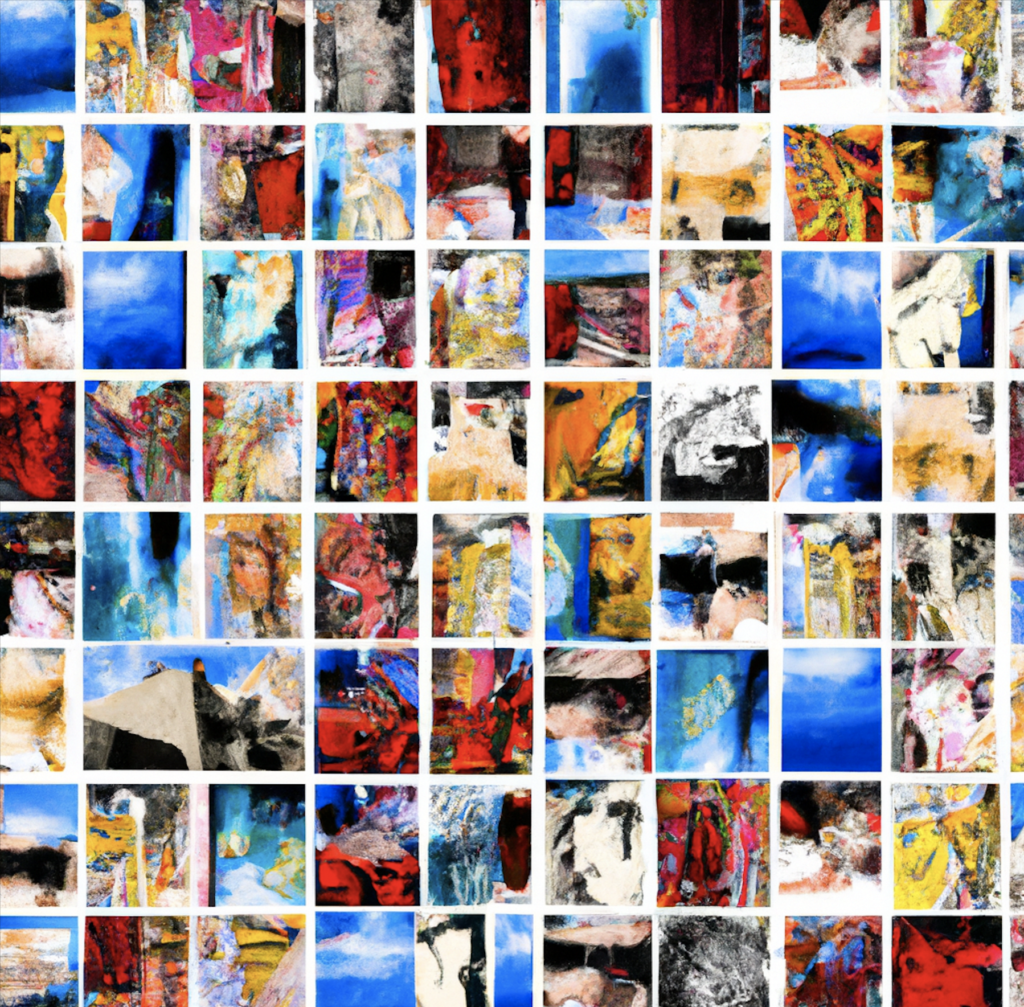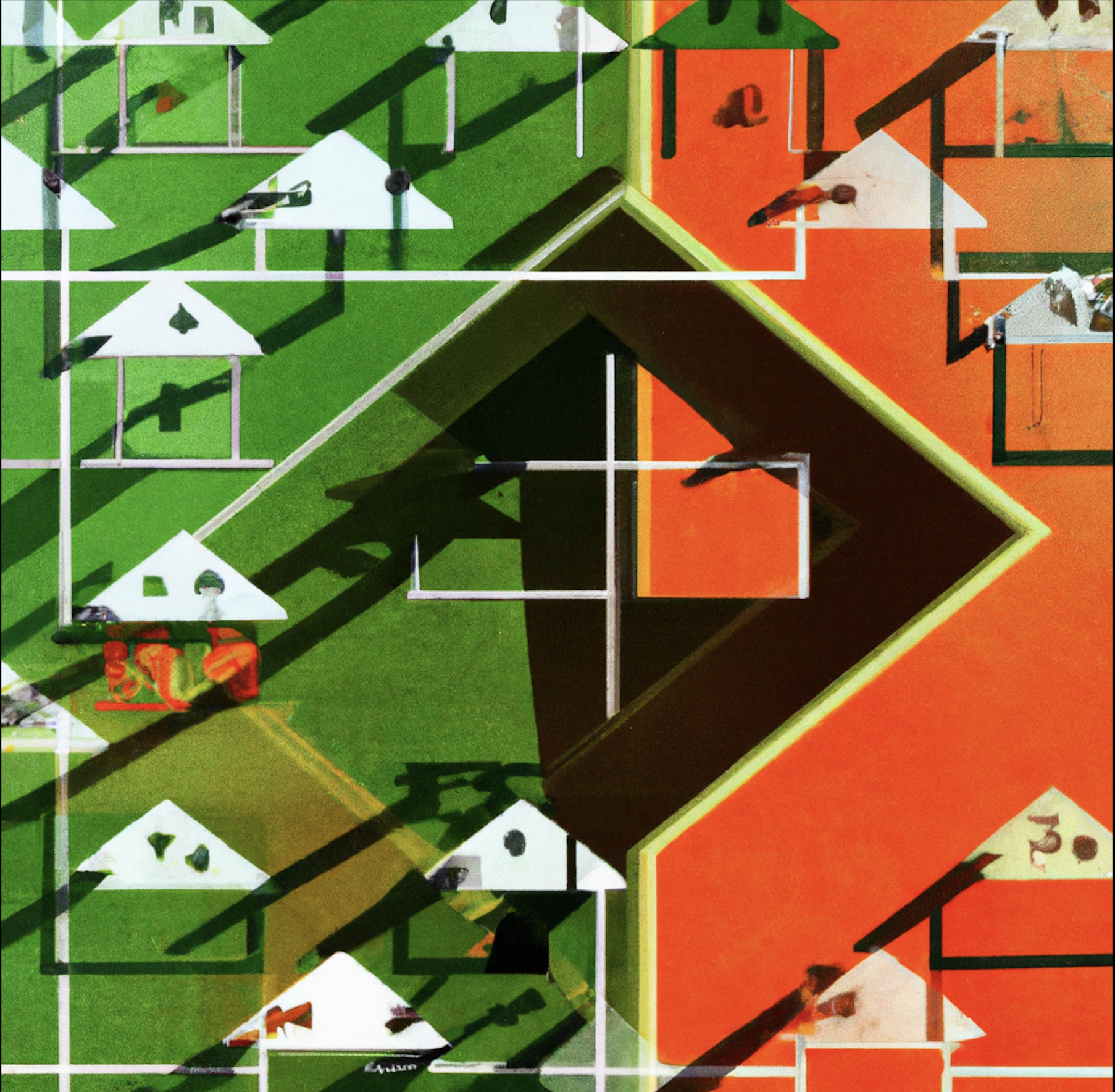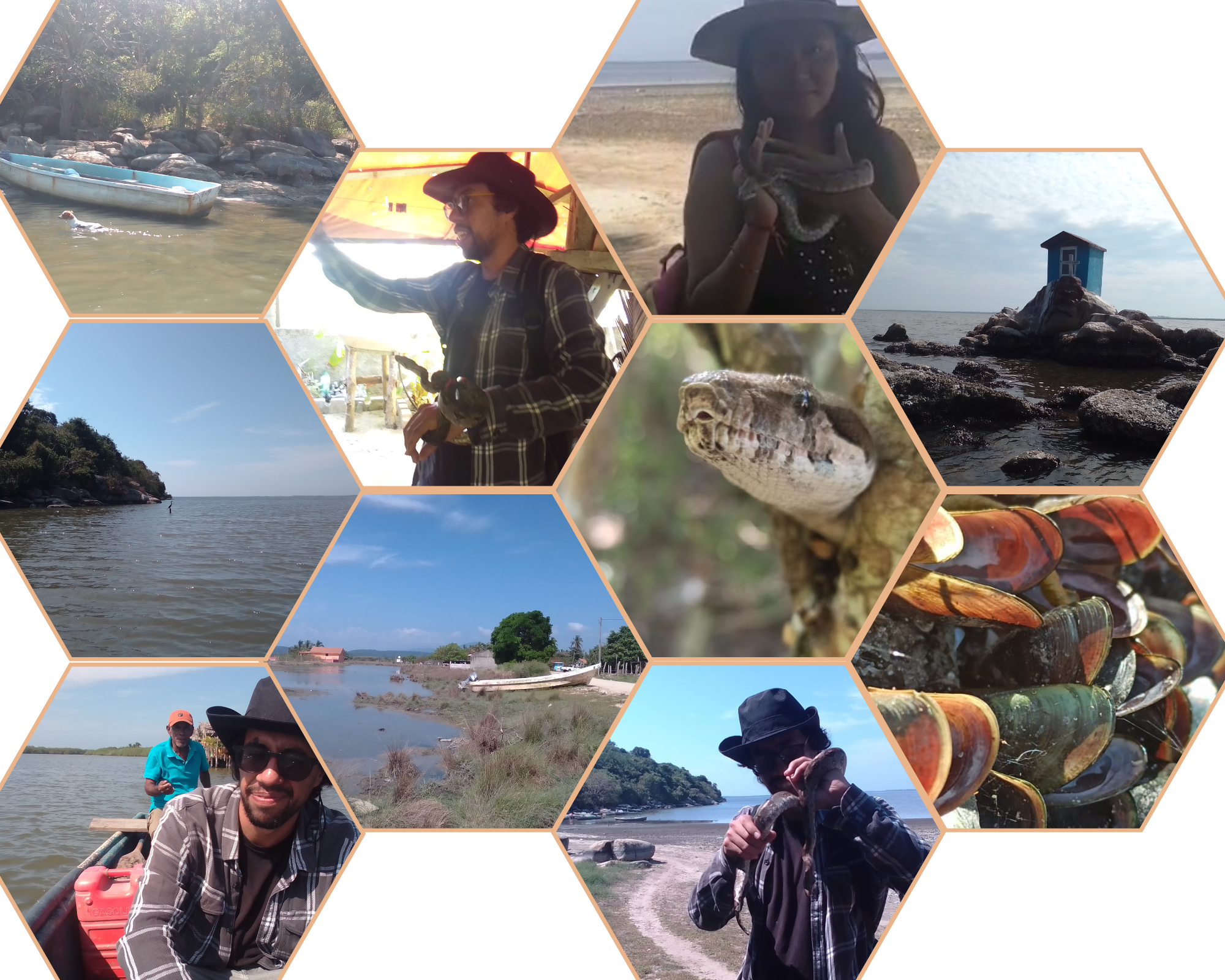deadline extended: 12 november 2023
We’re opening an invitation for expressions of interest to interdisciplinary and transdisciplinary artists, activists, and budding researchers from both academic and non-academic backgrounds. They should possess a desire to share their insights derived from employing these participatory methods. Our plan for the next few months is to host several two-hour virtual gatherings and discussion sessions (dates and times: tbd, flexible with ongoing online engagement, editing, and general feedback), focusing on enriching our collective grasp on the merits and challenges of participatory approaches using the work of invited participants to catapult our conversations. Although these methodologies are our central theme, our goal is to promote a holistic conversation that encompasses aspects of community building, collaboration, coproduction, and collective creation. We ground our discussions in adaptability. While ‘urban commons’ is the starting point, we are receptive to different takes on urban spaces, commons, or their intersection. Our keen interest is in revealing the spatial intricacies that arise when participatory techniques are applied in varied urban scenarios. a

during these collaborative sessions, participants will introduce their projects and interact with a diverse set of professionals. this will enable them to broaden their networks and potentially unveil avenues for collaborations. through these exchanges, participants can delve deeper into various research methodologies, enhancing their toolset and knowledge base. sharing in this environment guarantees valuable feedback from peers, leading to richer understanding and insights. this platform promises greater visibility and exposure to contemporary discussions, trends, and innovations surrounding urban commons. such interactions might also spotlight shared areas of interest, creating potential for cooperative endeavours. the intense discussions will stimulate participants, encouraging growth on both personal and professional fronts. participants can access and benefit from resources, whether literature, tools, or databases, introduced during these sessions. for those in the early stages of their careers, there’s a chance to connect with experienced professionals for guidance. additionally, the discussions will provide a window into the myriad ways urban commons is perceived in different cultures and regions. selected contributions from these interactions might find a place in a special issue tailored for peer-reviewed journals such as the urban studies journal (website), city: analysis of urban change, theory, action (website), and/or other urban studies related journals.
for context, this initiative is an offshoot of “coastal commons: afro-indigenous urban solidarities,” focusing on the community dynamics of afro-indigenous populations in the smaller urban areas of costa chica, located in guerrero and oaxaca, mexico. our vision is expansive; we’re keen to broaden our reach and cultivate global connections, welcoming projects from diverse global regions, and we are open to creative, non-traditional explorations of what these methods may entail (beyond a traditional article format; think visual essay, cartography, etc.). with the ongoing support of the urban studies foundation, we anticipate continued success, especially for subsequent projects stemming from this one. our commitment lies in leveraging this initiative and its networking possibilities to frame tangible impacts rooted in actionable plans. ultimately, our goal is to reinforce our existing partnership with the urban studies foundation, translating these impactful concepts into reality. this journey also includes our preliminary dialogues about the special issue, offering the editorial team of the urban studies journal early access and influence on the possibilities of our project.
for inquiries, please reach out to u.moreno-tabarez@lse.ac.uk.
we invite potential participants to submit a cover letter, not exceeding 400 words, that details their experience and passion for participatory methods. alongside outlining the reasons for wanting to join and showcase their work, we specifically ask that you shed light on your project’s themes and central arguments. please also provide preliminary ideas or a short abstract of the paper you intend to present, ensuring alignment with our project’s focus. this will help us understand the general direction you wish to take during our collaboration and ensure that contributions are in sync with the overarching goals of our initiative.
deadline EXTENDED: 12 nov 2023
we look forward to your engagements,
Ulises Moreno-Tabarez – Flora Cornish – Nancy Breton – Darrin Hodgetts – Jen Tarr






